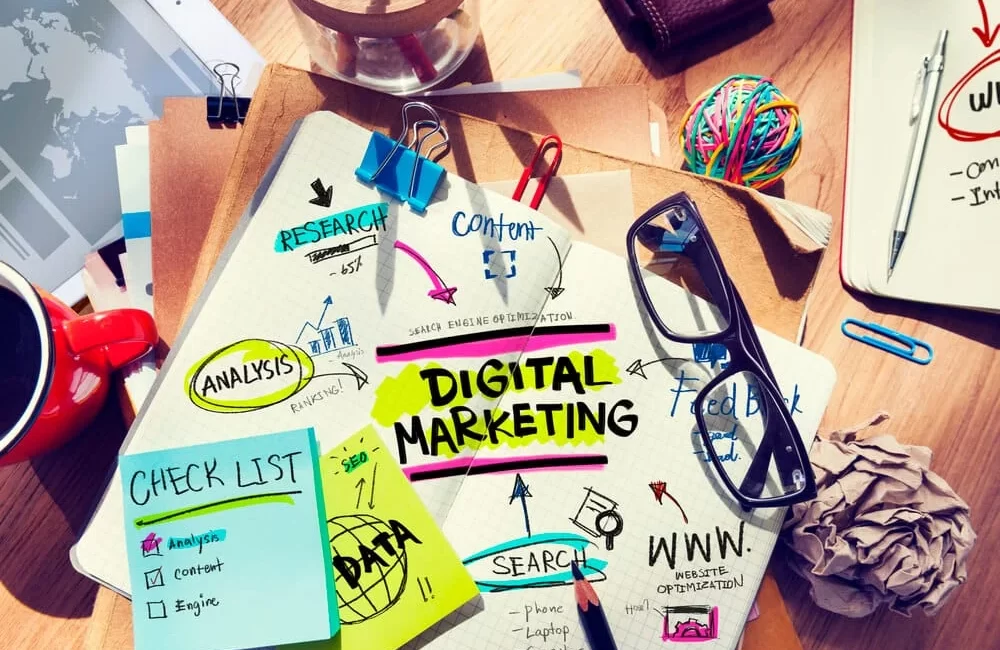If you’re a Small to Midsize Business (SMB) owner, sales or marketing manager, you’ve likely heard the buzz around digital marketing, targeted ads, social media campaigns, SEO, and more. But with all the hype, you might be wondering: Is digital marketing legit? Does it actually deliver for small businesses, or is it just another overpromised trend? Let’s break down why digital marketing is not only legitimate but essential for SMBs, and how to make it work for you.
The Skepticism Around Digital Marketing
It’s understandable to question digital marketing’s legitimacy. Maybe you’ve tried a Facebook ad that flopped, or you’ve heard horror stories of businesses wasting thousands on campaigns with no ROI. Common concerns include:
- Lack of Results: “I spent $500 on ads and got nothing.”
- Complexity: “It’s too technical and I don’t have time to learn SEO or analytics.”
- Scams: “I paid an agency that overpromised and underdelivered.”
These frustrations often stem from fragmented strategies, not digital marketing itself. When done right, digital marketing delivers real, measurable results for SMBs.
Why Digital Marketing Is Legit for Small to Midsize Businesses
1. It Reaches Your Audience Where They Are
Your customers are online, 85% of consumers search for local businesses on Google, and 3.5 billion people use social media daily (Statista, 2025). Digital marketing lets you meet them there with targeted campaigns.
2. It’s Measurable
Unlike traditional marketing (e.g., radio or billboards), digital marketing offers more measurable metrics such as clicks, views, conversions, ROAS (return on ad spend). You can see what’s working and adjust in real time.
3. It’s Cost-Effective
Digital marketing can fit tight budgets. You can start small with $100 ad campaigns or free organic strategies like SEO and social media posts. Keep in mind the more money you spend the more results you will get, they set it up that way.
4. It Levels the Playing Field
With digital marketing, SMBs can compete with bigger players. AI tools and automation (e.g., Mailchimp, Browse.ai) make it easier to create professional campaigns without a big team.
What Makes Digital Marketing Work?
The difference between failure and success in digital marketing is strategy. Here’s what works:
- Unified Approach: Align your ads, social, and website under one cohesive strategy. Fragmented efforts lead to wasted spend.
- Targeted Campaigns: Focus on your niche audience (e.g., urban SMB owners seeking growth). Generic ads miss the mark.
- Test and Optimize: Start small, measure results, and scale what works.
- Track Metrics: Use tools like Google Analytics to monitor ROAS and customer acquisition cost (CAC).
When businesses follow these principles, digital marketing isn’t just legit, it becomes transformative for your business.


